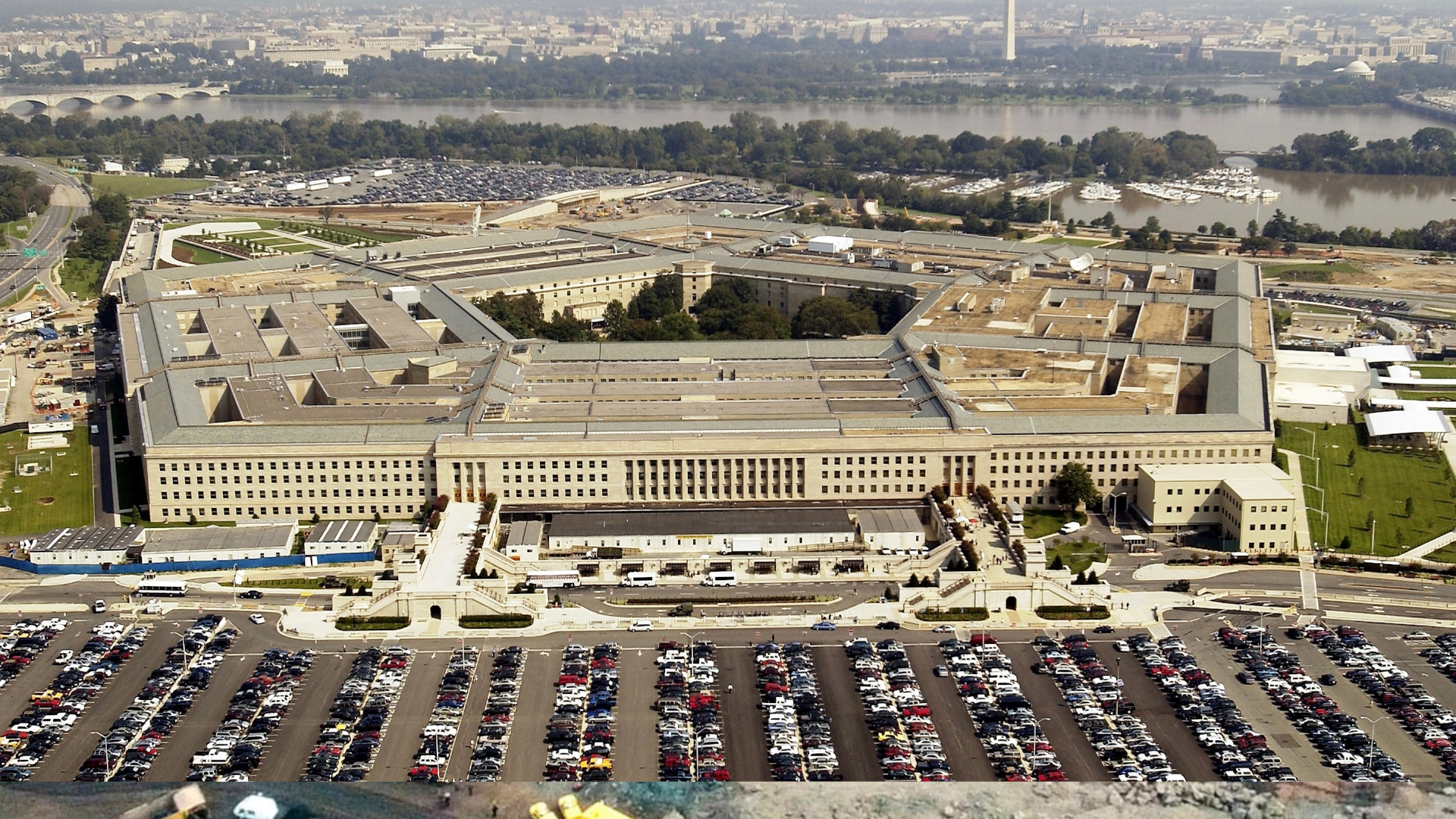
President Joe Biden’s administration has marked a strategic pivot towards India. This change is motivated by several factors, including India’s growing economic prowess, its strategic location in the Indo-Pacific region, and shared concerns about China’s expansionist ambitions. The Quad, a strategic forum comprising the United States, India, Japan, and Australia, has gained prominence. It seeks to promote a free and open Indo-Pacific, often viewed as a counterbalance to China’s influence.
Simultaneously, the Middle East has gained increased importance in U.S. foreign policy. While traditional alliances with countries like Saudi Arabia and Israel remain strong, the Biden administration has sought deeper engagement with regional players such as the United Arab Emirates (UAE) and Qatar. This move aims to address regional security issues and promote economic cooperation, particularly in fields like renewable energy and technology.
What underlies these emerging partnerships are common interests and challenges. These include shared concerns about terrorism, regional stability, energy security, and the protection of vital sea lanes in the Indian Ocean and South China Sea. Additionally, economic opportunities, such as trade and investment, drive the strengthening of these relationships.
While these partnerships are not overtly aimed at isolating China, they do have implications for China’s role in the G20. As the U.S., India, and Middle Eastern nations collaborate more closely on regional and global issues, they may present a unified stance on G20 matters, potentially sidelining China. This shift could influence discussions on topics like trade, climate change, and global governance within the G20 forum.
However, it’s crucial to acknowledge that these evolving dynamics come with their set of challenges and concerns. Balancing the pursuit of regional partnerships with the need for maintaining stability and avoiding conflicts is a significant challenge. Furthermore, the relationship with India, while strengthening, is not without its disagreements, including trade issues and differing stances on climate change.
The G20, as a platform for major global economies, is witnessing changes in alliances and priorities that reflect the evolving landscape of international diplomacy. The shifting dynamics involving the United States, India, and Middle Eastern nations indicate a changing global order. While these partnerships do not explicitly seek to sideline China, they may influence its role within the G20. As the world continues to change, diplomatic strategies and alliances will adapt, ultimately shaping the future of global governance and cooperation. The implications of these developments for China’s role on the world stage will be closely monitored in the coming years.










Share this: